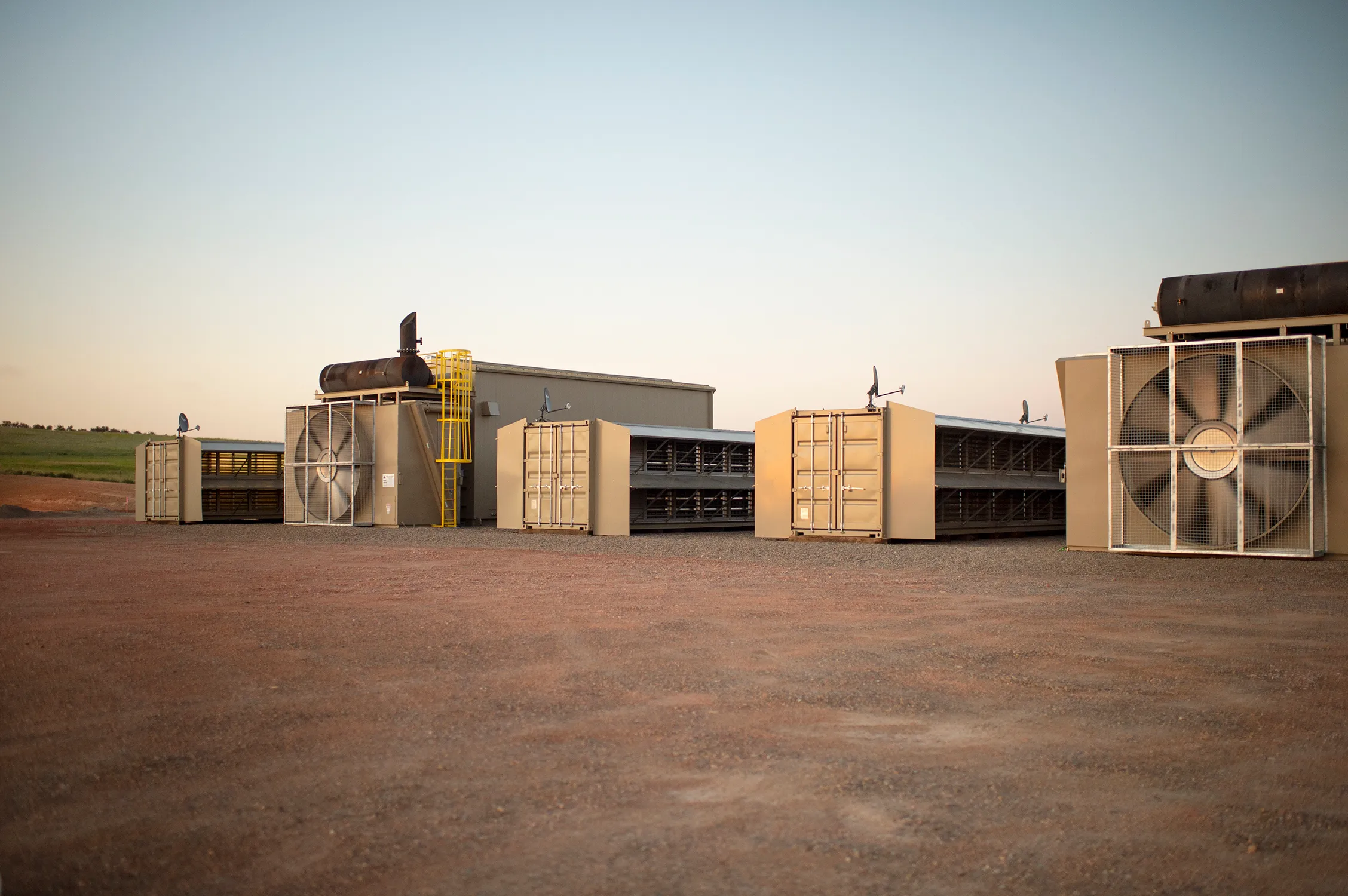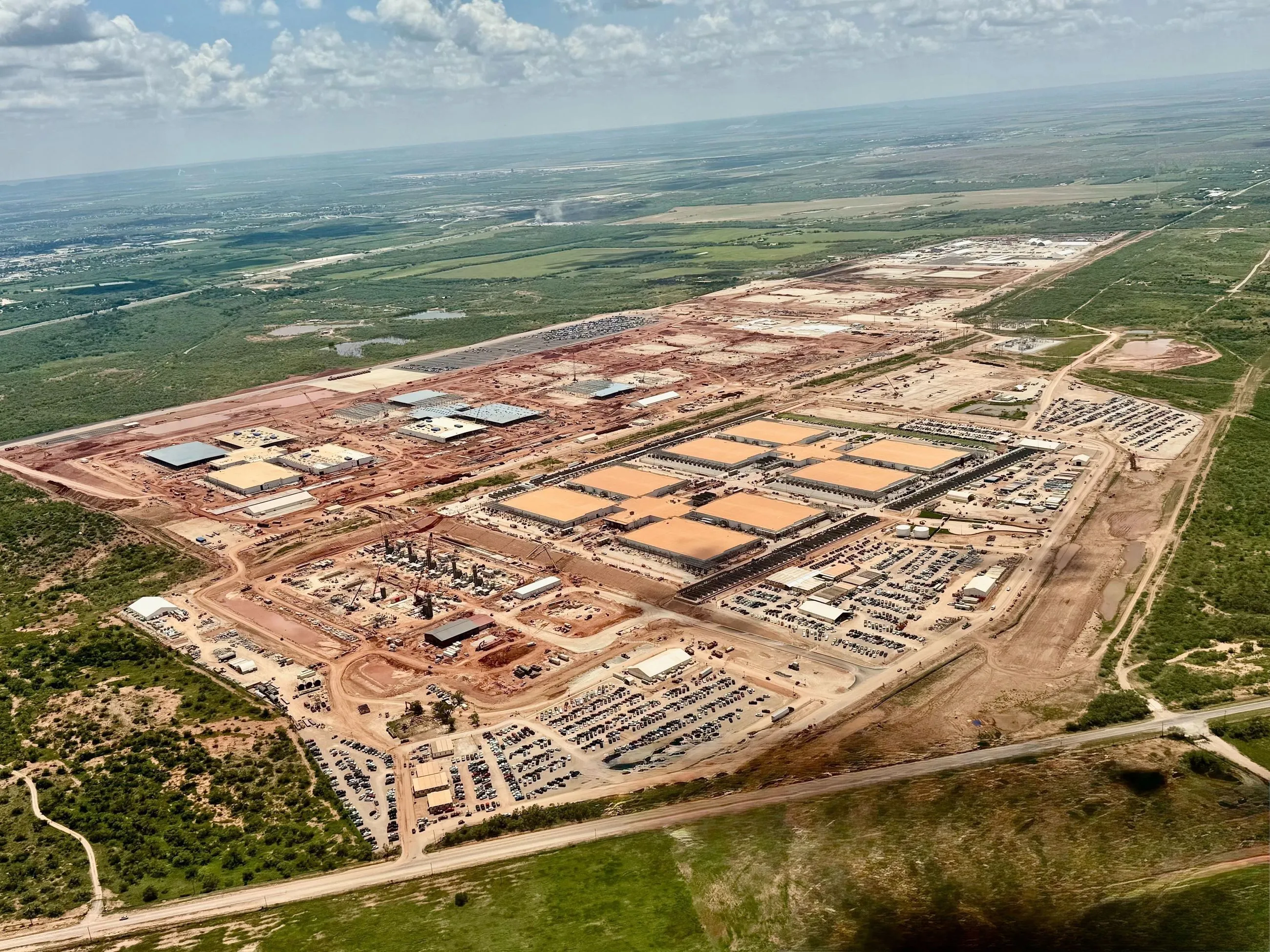Denver startup turns oil well emissions into cryptocurrency, wins millions in VC

A company that turns greenhouse gas emissions from oil wells into virtual currency has landed real money from Colorado’s government to keep dozens of future jobs in the state.
Denver-based Crusoe Energy Systems, a three-year-old startup, is expanding its unusual service to include more kinds of energy-intensive computing, such as machine-learning models to train artificial intelligence or computer simulations used to speed up new drug development.
It’s preparing to hire as many as 286 more people in the coming years, paying an average annual salary of $122,795. State economic developers have OK'd $3.8 million in tax incentives to keep that expansion in Colorado. “We are definitely looking to hire a ton of people, and we’ve already hired a bunch,” said Cully Cavness, co-founder and president of Crusoe Energy. “Denver’s home, so we’re trying to go big here.”
The 52-employee company has just over half its workforce in North Dakota today, a state where many of its systems are installed at remote oil well sites. But the startup expects the majority of its growth to be at its local operations center, Cavness said.
Crusoe Energy Systems builds modular data centers and installs them at oil well sites, using natural gas from the wells to power computer servers that create, or “mine,” the virtual currency, Bitcoin.
Remote oil wells often aren’t close to natural gas pipelines and can’t sell the gas the well produces, leaving companies to burn it off with a flare at the well site. Bitcoin mining operations consume large amounts of electricity. Crusoe Energy generates the digital money from electricity derived from natural gas that otherwise would become climate-damaging pollution. It pays the well owner for the natural gas, providing a new revenue stream, or strikes a joint venture to share the Bitcoin mining proceeds.
Colorado doesn’t allow routine flaring, with a few exceptions, but it remains common in other oil-producing states. Crusoe Energy serves clients in those states from Denver, the city in which Cavness and his other co-founder, CEO Chase Lochmiller, grew up.
Flaring emits a lot of greenhouse gases, and malfunctioning flares can release large amounts of unburned methane, an especially potent greenhouse gas, directly into the atmosphere.
Crusoe Energy instead connects a catalytic converter and generator to the natural gas from the well, turning it into electricity for computer servers. The process eliminates 99.89% of the natural gas’ greenhouse gas emissions, Cavness said. Crusoe Energy has 40 of its Bitcoin mining systems in oilfields today, each one eliminating emissions equal to 21,000 tons of carbon dioxide, the company says. The company has been hiring software engineers and others in technology to build its “Island Cloud” computing service, which it is unveiling this spring. Expanding into machine learning and pharmaceutical modeling will give Crusoe Energy a broader set of customers. Cavness expects many companies will be drawn to lease its computing power for its affordability and for its emissions reduction.“There’s a whole universe of energy-intensive computing we can address,” he said.
Source:https://www.bizjournals.com/denver/news/2019/12/11/crusoe-energy-systems-denver.html


